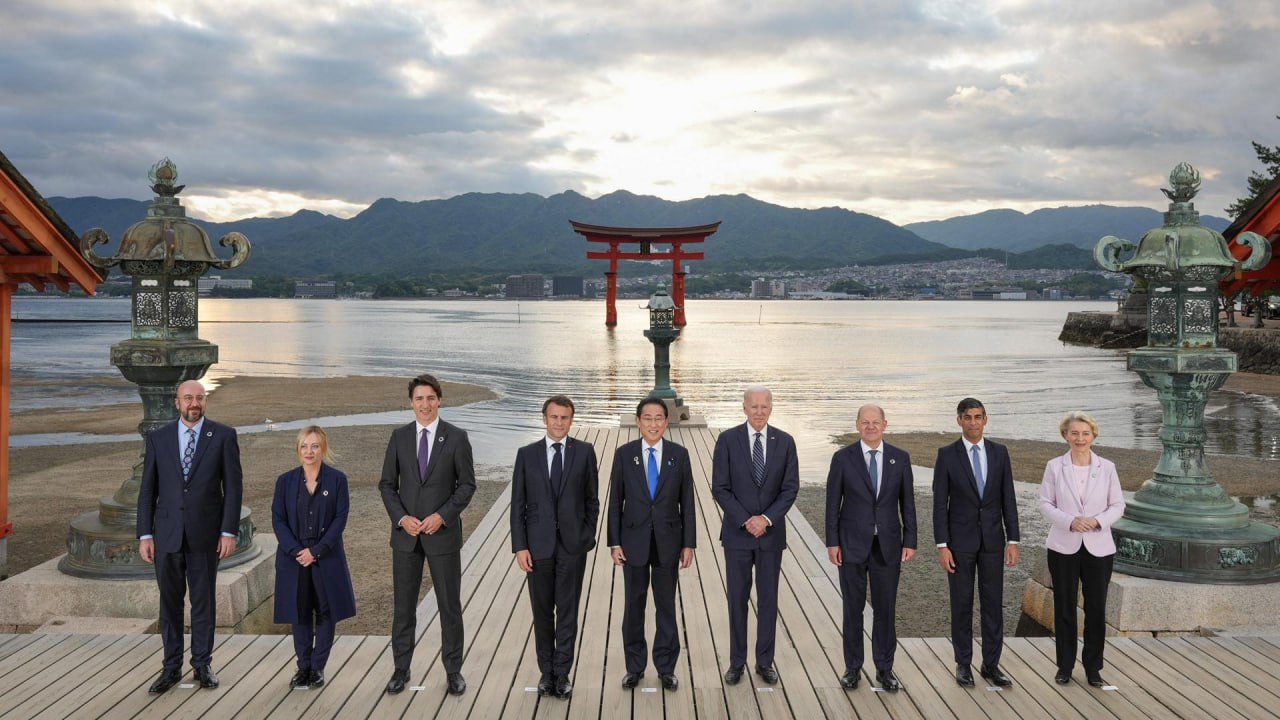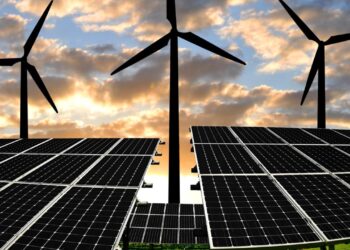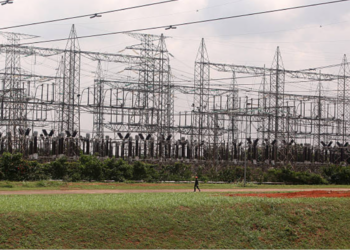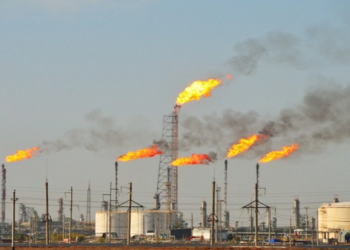The International Energy Agency (IEA) has said that recycling will put a stop to the strain on critical minerals supply in the global energy transition.
The agency revealed this during its Critical Minerals and Clean Energy Summit on September 28, 2023.
During the summit, the IEA said that locking in secure and sustainable supplies of critical minerals for the clean energy transition has quickly become a top priority for governments, companies, and investors around the world.
So, the agency acknowledged that recycling is one way to secure future critical minerals supply. The IEA emphasized the critical significance of fully harnessing technology and recycling to mitigate potential pressures on supply chains.
It stated that advanced technology can diminish energy and water demands during extraction and processing, as well as optimize extraction techniques, product design, and end-of-life procedures to enhance resource efficiency.
In addition, the IEA said it is committed to conducting a comprehensive study to explore efficient recycling approaches encompassing all conceivable sources, including e-waste, industrial scrap, end-of-life batteries, wind turbines, and permanent magnets.
In August 2023, the International Energy Forum (IEF) released a list of critical minerals that are relevant to modern industries and technologies.
They include; lithium, indium, nickel, copper, manganese, silver, aluminium, germanium, selenium, cadmium, silicon, platinum, tin, zinc, and a host of others.
More Insights from the IEA
During the Summit, the IEA also outlined alternative strategies for nations to secure a stable supply of critical minerals, encompassing:
Enhancing Transparency in the Value Chain: Within specific critical minerals markets, a significant deficiency in price transparency exists, potentially leading to market volatility and hindering new investments.
Leveraging Data Usage: The IEA underscored data as a paramount asset in facilitating seamless market operations, empowering both corporations and policymakers to pinpoint focal areas and effectively address potential bottlenecks.
Instituting Incentives: The IEA emphasized the importance of incentivizing the sustainable and responsible production of crucial minerals. This entails recognizing and rewarding efforts in the environmental, social, and governance (ESG) domains. It also involves expediting approvals for new facilities while upholding the integrity of legal and regulatory safeguards.
Encouraging Broad International Collaboration among Stakeholders: Noteworthy discussions during the summit emphasized the necessity of fostering international collaborations. Such collaborations should encompass governments, market participants, civil society, and international organizations.
Laying the foundation in Africa
Recycling, proposed by the IEA, is vital for restructuring Africa’s critical minerals value chain.
In May 2023, Nairametrics reported that Samaila Zubairu, AFC President, stressed the need to reassess mineral export approaches.
Continuing to export raw cobalt, lithium, and nickel limits revenue to $12 billion, while shifting to battery and cathode precursors could yield $240 billion.
Urgent infrastructure investment of $130-170 billion is essential for enabling industrialization, departing from the outdated raw material export model.
Zubairu emphasized sustainable mining and value addition for critical minerals, advocating for a shift towards sustainable, value-driven approaches.
After infrastructure, what next?
Recently, Dele Alake, Nigeria’s Minister for Solid Minerals, emphasized that establishing Nigeria as a solid minerals hub requires substantial improvements in data collection.
He stressed the need for significant investments in accurate and comprehensive data gathering to enable informed decisions by potential investors.
Alake affirmed the ministry’s dedication to developing precise data, aligning with a strategic focus on utilizing big data to drive progress and unlock the substantial $700 billion value within the earth’s surface in the solid minerals sector.




















